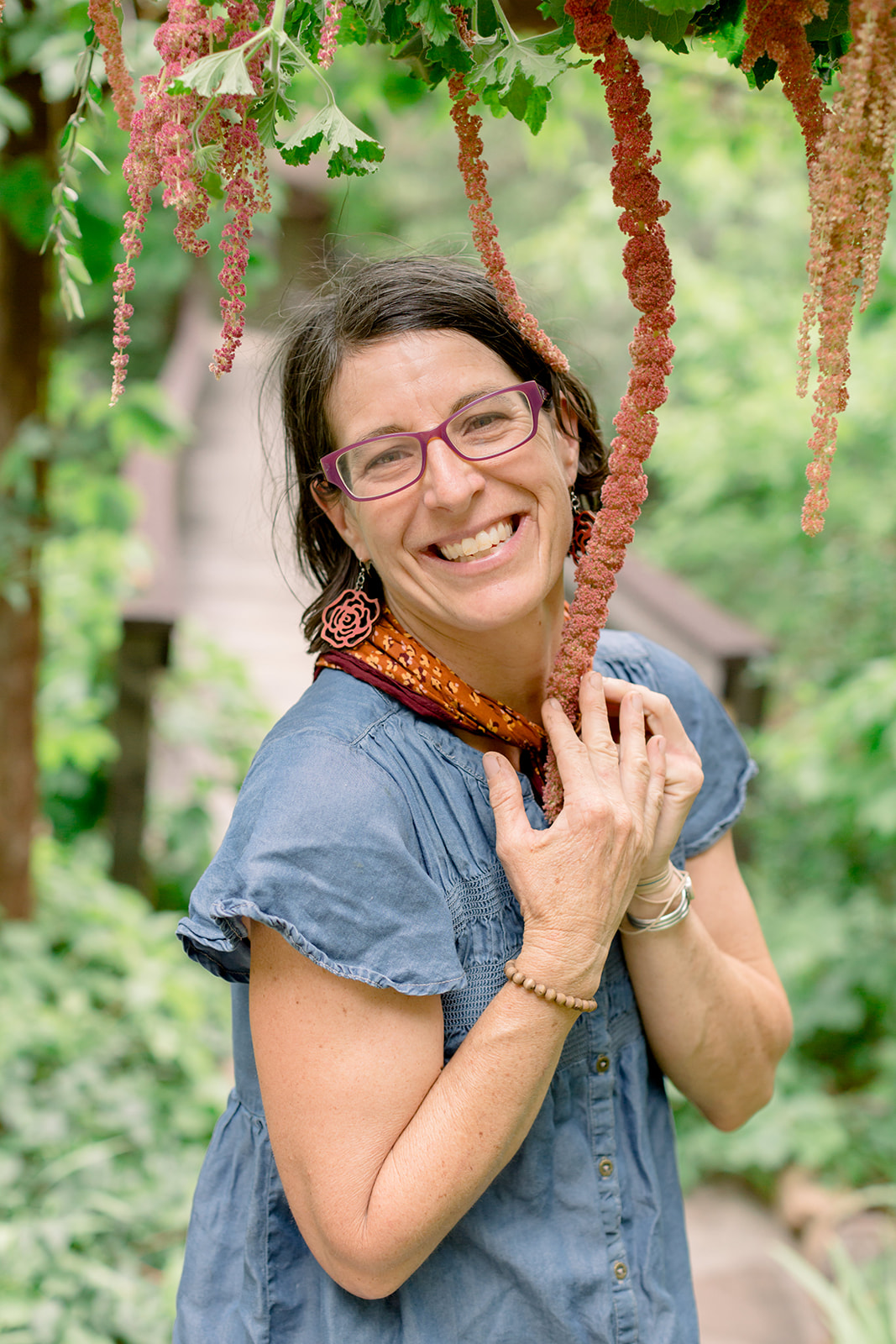I lived with the Wadsworth family for two summers while I was in college. I was their nanny: the
babysitter, the live-in help, and a full-time diversion for three young children.
I lived a double life as a hippie on the frontier of the country club. Their tennis whites only enhanced my tomboy-beatnik style. I wore torn, ill-fitting jeans, red converse high-top sneakers and a Boston Red Socks baseball hat turned backwards. Gwendolyn, their Jamaican maid, tenderly pressed my worn tee shirts, and the father of the house insisted I remove my hat at the dinner table. I felt like a foreign exchange student in my own country.
I knew no one and was away from my friends and family. I was angst-ridden and incredibly lonely. I rode the T to Harvard Square and listened to the street musicians. Their songs nursed my loneliness. I drank iced coffee and tried to write poetry. Instead, I filled the pages of my journal lamenting the emptiness of my existence.
Sandra, the classy matriarch of the family, became my confidant. She was tall and elegant, with silvery-blonde hair and an easy laugh. Her husband was rarely home due to a complex web of business and golfing engagements. Sandra was an ambitious Radcliffe graduate with her own architecture design business. She needed me to be her wing man—cart the kids around to their activities and help run the household. Unlike other nannies in the community I was not a surrogate mother. Sandra devoted the best of herself to her family. One minute she was meeting with a client, the next she was absorbed in a conversation with her 6-year-old about “The Little Mermaid.”
We became friends in the quiet mornings over strong coffee and The New York Times. Sandra listened to my dilemmas about what to major in and she shared insight about her own career choice. She taught me how to make saffron rice and the art of nurturing. I learned how to be a woman.
That summer I orbited with the family between two main residences: a mansion on a large wooded lot in suburban Boston and a farmhouse in rural Connecticut on a flower farm. We vacationed at a rented cottage for the month of August on the exclusive Fisher’s Island. It had none of the trappings of wealth associated with the other houses, but everyone was happiest there. There was no Gwendolyn, so we hung our laundry out in the humid sunshine and the floors were constantly covered in a layer of sand. Sandra, the two younger girls and I spent long days together at the beach and played endless games of hearts.
I ended up loving every one of the Wadsworths, especially Sandra. Despite our differences, they accepted me for who I was: a 19-year-old with lots of ideals about the world who wasn’t afraid to be herself.
The following summer Sandra was diagnosed with melanoma cancer and asked me to return to help the family. At first everyone tried to act like it was the same. I drove the kids to their activities; we joked around and played hearts. Despite every effort to fight it, Sandra withered away. The family refused to face what seemed to be inevitable: she was not going to live. They could not begin to fathom losing the loving woman at the center of their universe.
I held Sandra’s hand while she wept through her daughter’s sixth-grade graduation, trying to absorb her grief as she came to accept that she would never see her graduate from high school. Sandra held strong until the day she died, one week after I returned to college. I was devastated. I still have the letter she gave me on the ferry we rode back to the mainland after our last week on Fisher’s Island. It was in her architectural hand, solid and sure, thanking me for everything I had done for her. But to this day her quiet lessons of grace still find me.
Now I am the same age that Sandra was when she died. I think of the milestones she missed in her children’s lives, and in my own. There are so many questions I would like to ask her. On occasion she returns to me—a reassuring and vivid memory on a humid summer morning in a cup of strong coffee.

